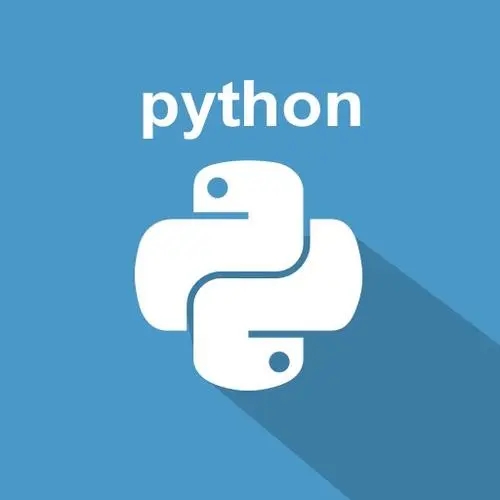这篇文章主要介绍了python 内置函数filter的相关资料,需要的朋友可以参考下
python 内置函数filter
class filter(object): """ filter(function or None, iterable) --> filter object Return an iterator yielding those items of iterable for which function(item) is true. If function is None, return the items that are true. """
filter(func,iterator)
func:自定义或匿名函数中所得值是布尔值,true将保留函数所取到的值,false则取反。
iterator:可迭代对象。
例:
立即学习“Python免费学习笔记(深入)”;
过滤列表['text_test_text', 'test_text_1', 'text_test_2', '3_test_text', 'test_test']
只要含有text字符串及将其取出 or 取反。
s.rfind'text'+1
Python3中 rfind() 返回字符串最后一次出现的位置,如果没有匹配项则返回-1。
数字中0是false,0以上的整数都是true,所以s.rfind'text'后会有+1,没找到字符及-1+1=0.
# Filter
li = ['text_test_text', 'test_text_1', 'text_test_2', '3_test_text', 'test_test']
# 默认保留函数所取到的值
print(list(filter(lambda s: s.rfind('text') + 1, li)))
# 取反,下三个例子是一样的
print(list(filter(lambda s: not s.rfind('text') + 1, li)))# Noe 自定义函数
l1 = ['text_test_text', 'test_text_1', 'text_test_2', '3_test_text', 'test_test']
def distinguish(l):
nl = []
for s in l:
if s.rfind("text") + 1:
nl.append(s)
return nl
print(distinguish(l1))# Two 自定义高阶函数
l2 = ['text_test_text', 'test_text_1', 'text_test_2', '3_test_text', 'test_test']
def f(s):
return s.rfind('text') + 1
def distinguish(func, array):
nl = []
for s in array:
if func(s):
nl.append(s)
return nl
print(distinguish(f, l2))# Three 匿名函数
l3 = ['text_test_text', 'test_text_1', 'text_test_2', '3_test_text', 'test_test']
def distinguish(func, array):
nl = []
for s in array:
if func(s):
nl.append(s)
return nl
print(distinguish(lambda s: s.rfind('text') + 1, l3))以上就是python中关于内置函数filter的详解的详细内容,更多请关注php中文网其它相关文章!

python怎么学习?python怎么入门?python在哪学?python怎么学才快?不用担心,这里为大家提供了python速学教程(入门到精通),有需要的小伙伴保存下载就能学习啦!

Copyright 2014-2025 https://www.php.cn/ All Rights Reserved | php.cn | 湘ICP备2023035733号